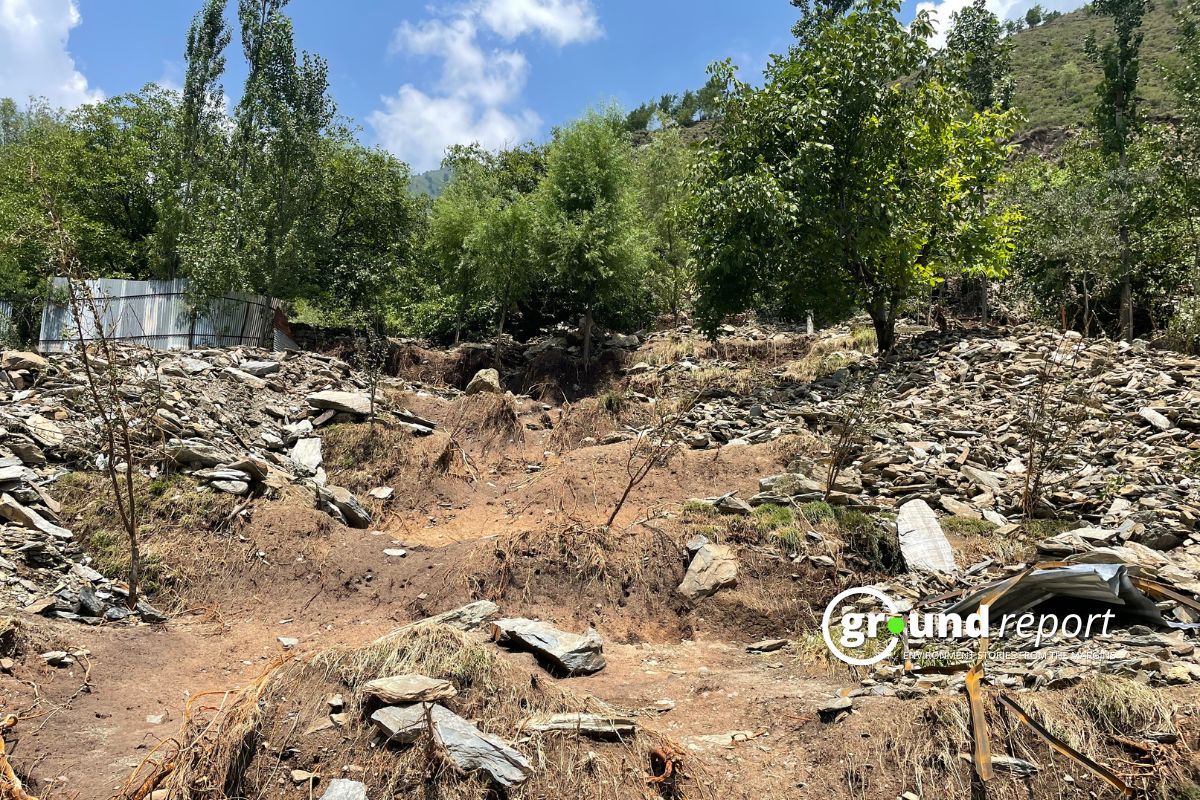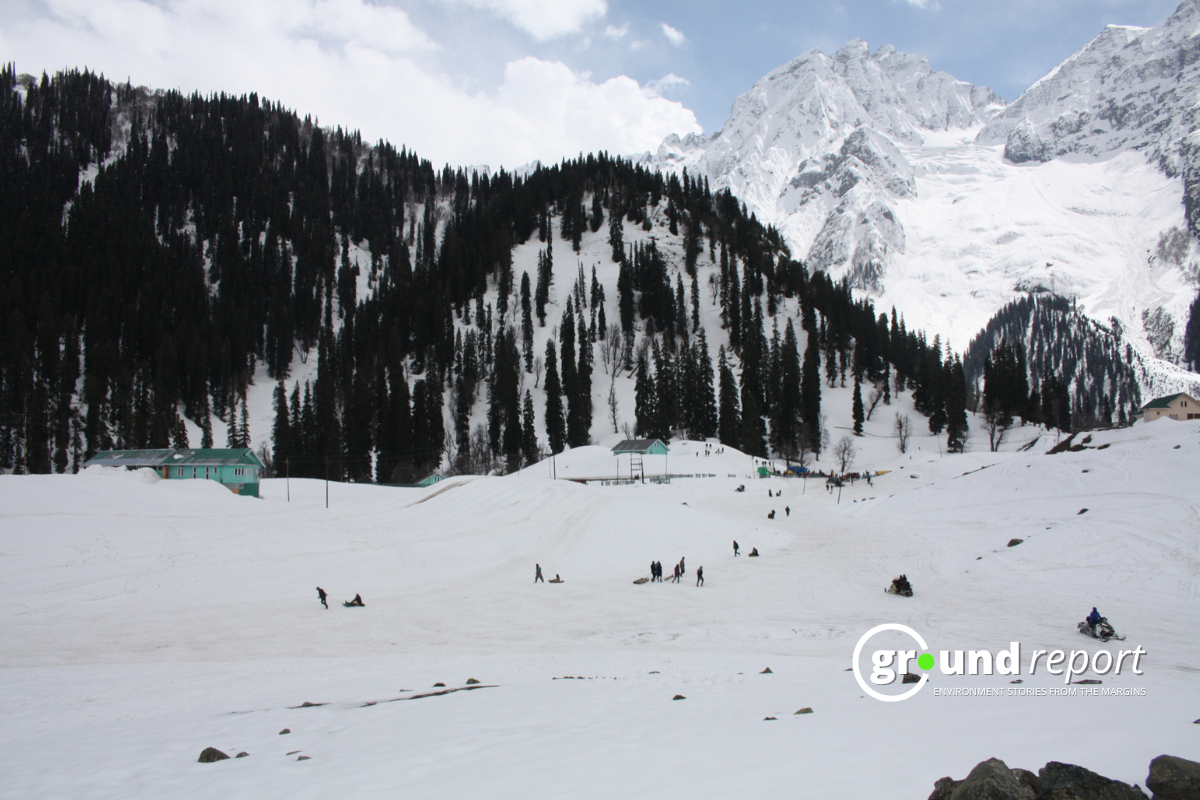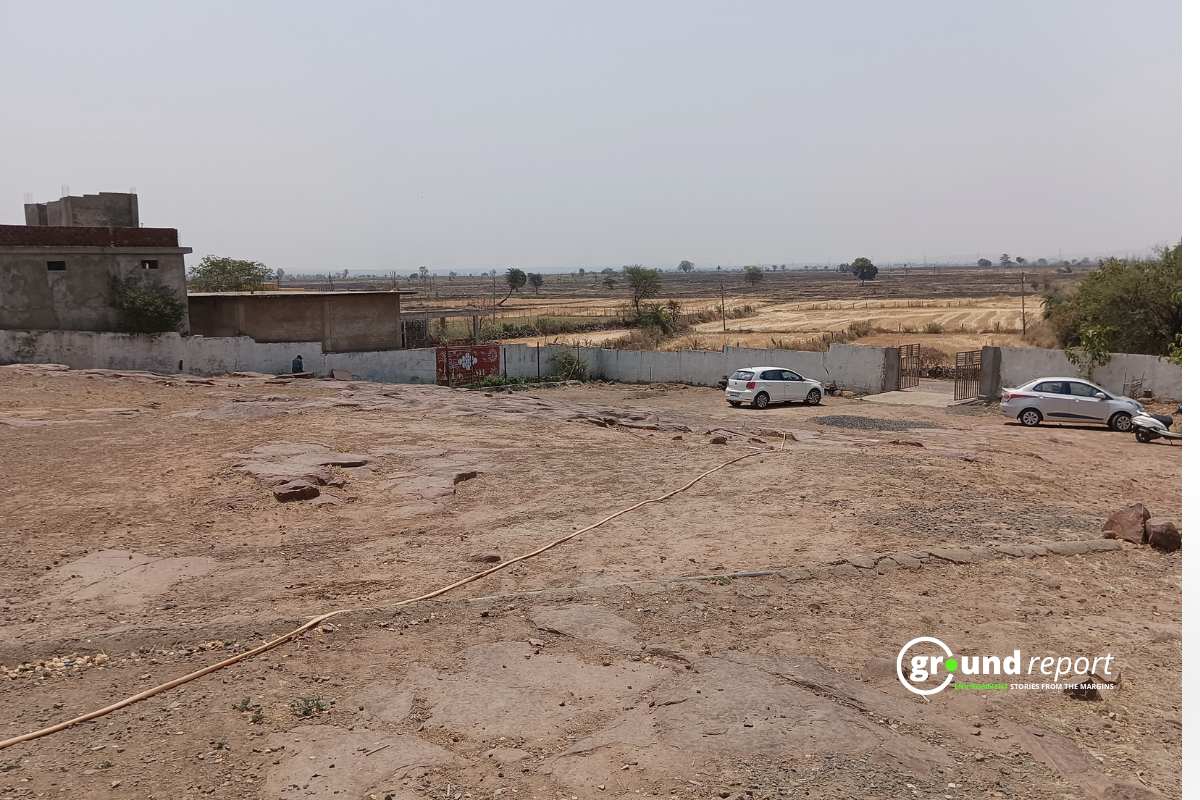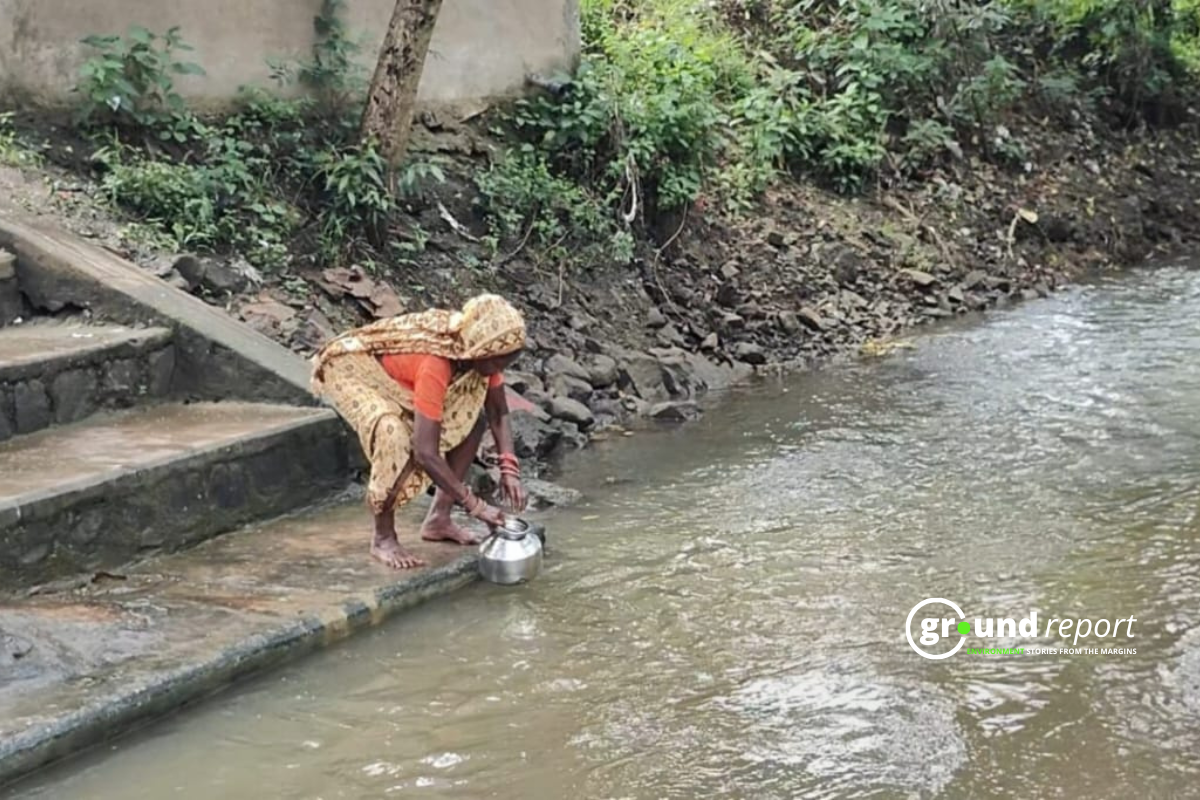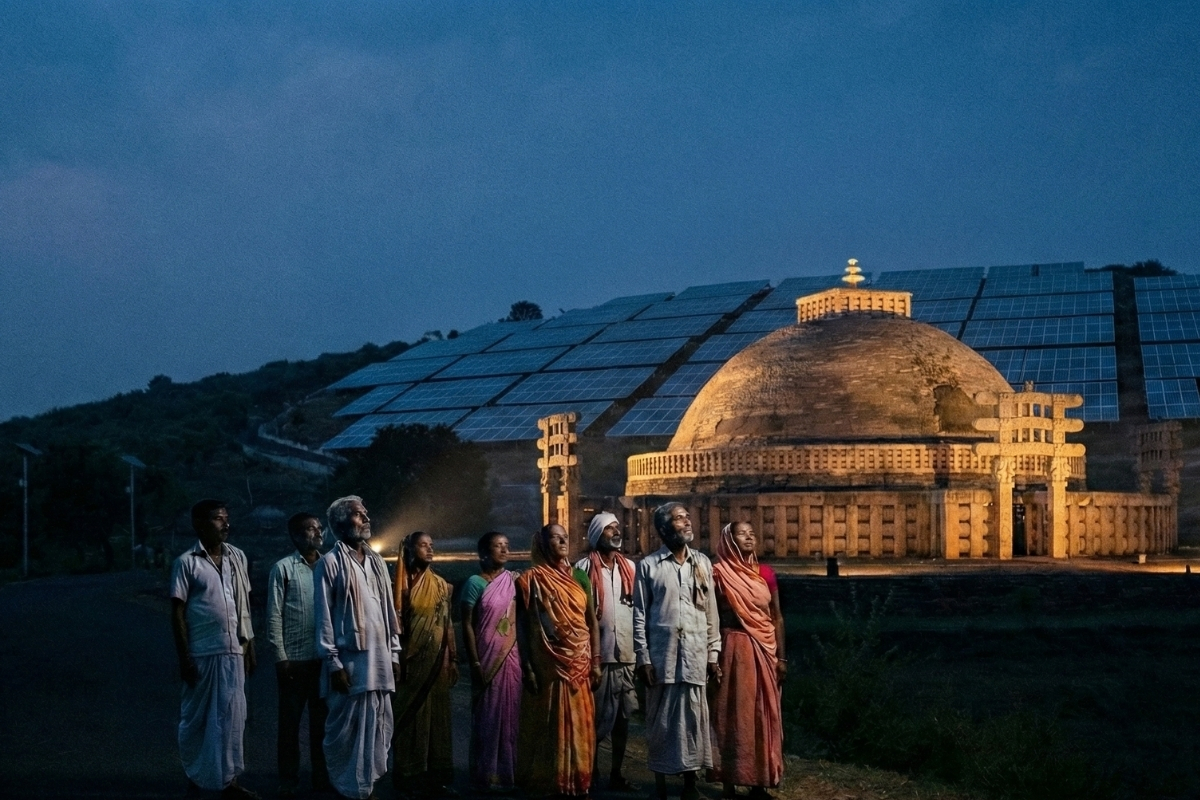As global temperatures continue to rise, the elderly population is becoming increasingly vulnerable to extreme heat. A new study reveals that by 2050, an additional 246 million elderly people will be exposed to dangerous heat levels, with those in Asia and Africa facing the greatest risk.
The study highlights a troubling trend: not only are temperatures setting new records daily, but extreme weather events such as heatwaves, floods, and droughts are becoming more frequent. The first four months of this year alone have seen unprecedented temperature increases.
The findings, published in the journal Nature Communications, reveal that by 2050, 23% of people aged 69 or older will live in areas where temperatures exceed 37.5 degrees Celsius—a level deemed hazardous to health. In 2020, this figure was 14%.
Concurrently, the world’s population is aging rapidly. By 2050, the number of people aged 60 and above is expected to double, reaching approximately 2.1 billion. More than two-thirds of these elderly individuals will reside in low and middle-income countries, which are particularly vulnerable to climate change and extreme weather.
Frequent and prolonged heatwaves pose severe health risks, especially to the elderly, whose bodies become less efficient at regulating temperature with age. This reduced tolerance to heat and cold can exacerbate existing health issues. A stark example of this occurred in 2015, when an extreme heatwave in India and Pakistan resulted in over 3,500 deaths, predominantly among the elderly. Such incidents underscore the escalating impact of climate change on vulnerable populations.
Alarming situation in India
According to the India Aging Report 2023, by 2050, the proportion of senior citizens (aged 60 and above) will rise to 20.8% of the population, equating to about 347 million people. By the end of the century, this figure is projected to increase to 36%. In 2022, the elderly comprised 10.5% of India’s population, or 149 million people. This rapidly ageing demographic is highly sensitive to climate change, and many lack access to basic cooling amenities like fans or air conditioners.
The study indicates that in 2020, 52 million elderly people in India were affected by extreme heat. By 2050, this number is expected to surge by 173%, reaching 142 million. Conducted by researchers from the Euro-Mediterranean Center on Climate Change in Italy and Boston University, the research analyzed global trends in exposure to extreme temperatures among different age groups.
The research further confirms that by 2050, the elderly population’s risk of exposure to extreme heat will double worldwide. The most significant impact will be felt in Asia and Africa, regions that lack adequate resources to combat such threats.
“This is a question of intergenerational inequality,” said Giacomo Falchetta of the CMCC Foundation in Venice, Italy, one of the study’s authors. “The other key message is the inequality story. Countries in the global north and global south are very differently equipped to deal with this challenge. Societies with more infrastructure and knowledge are much more protected. This impact study clearly shows the need for a mechanism to address the equity issue.”
Falchetta expressed hope that the projections would lead to better preparedness in societies. “Households need to ensure elderly people have sufficient funds for air conditioning, cities need to create more shaded areas and green spaces, and national governments need to adapt medical systems and public health information policies,” he said.
Looking beyond 2050, Falchetta noted the uncertainties due to unpredictable population trends and the variable speed of global heating based on current government actions. “However, even if the overall human population starts to decline – as many demographers expect – it will continue to age and warm for some time,” he added.
Keep Reading
Part 1: Cloudburst in Ganderbal’s Padabal village & unfulfilled promises
India braces for intense 2024 monsoon amid recent deadly weather trends
Support us to keep independent environmental journalism alive in India.
Follow Ground Report on X, Instagram and Facebook for environmental and underreported stories from the margins. Give us feedback on our email id greport2018@gmail.com.
Don’t forget to Subscribe to our weekly newsletter, Join our community on WhatsApp, and Follow our YouTube Channel for video stories.


